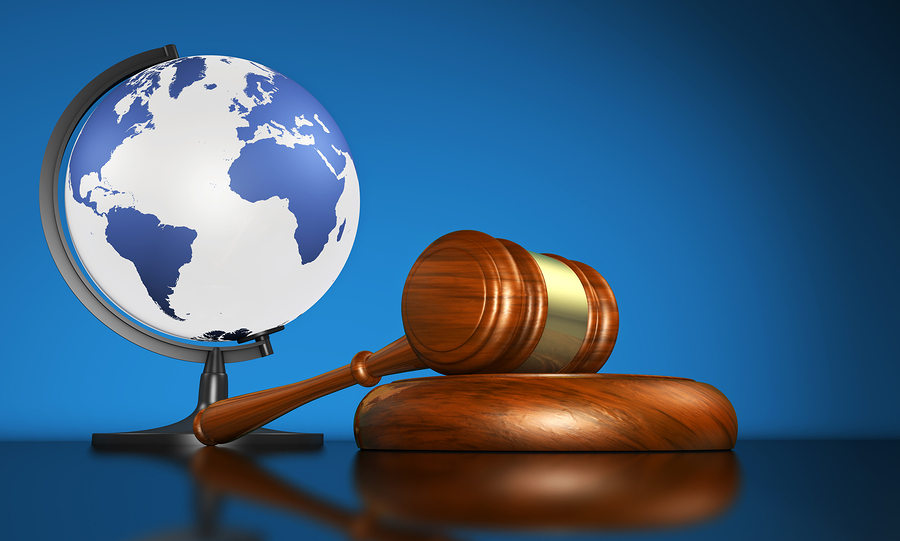
Legal cases in other countries present difficulties with language.
In legal proceedings, the discovery process is the way each side finds evidence and obtains information that the other side will be using in their case. Attorneys use various procedural devices during the discovery process including investigations and subpoenas.
The discovery process can be important in narrowing the issues of a lawsuit to only what is relevant to the case and proceedings. Discovery can also lead to the settlement of the lawsuit before the trial once both sides see the evidence and information the other side has in its possession. It often doesn’t make sense to proceed with the lawsuit or defense of it when you know that the other side has a stronger case than you do.
The Need for Legal Translation Services in the Discovery Process
For lawsuits in another country where language is a barrier, legal translation services are always necessary. Even if translations are provided by the opposing counsel, they may be biased toward that side and can’t be fully trusted. Using a legal translator to verify the translation is the only way to make sure things proceed fairly.
If no translation is given, a legal translator can provide the translation, but be prepared for challenges to the translation from the other side if the lawsuit proceeds to trial. Translations of documents procured during discovery, depositions and even motions filed in foreign courts may need to be translated by a professional.

It is important to understand all legal documents and proceedings in different languages.
Issues in Overseas Discovery Procedures
There are several issues that must be considered when it comes to lawsuits in foreign countries. Each country has different laws regarding discovery, and it may even be considered illegal according to some countries’ laws to give information to someone of a different country that aids in a civil lawsuit against someone of that country.
The laws of each country regarding discovery are complex, and expertise is required to understand and comply with them fully. Some translation services may be needed to translate the laws so that they can be understood in your native language. Acting contrary to the laws of a country in which you are pursuing a civil lawsuit may cause your lawsuit to be thrown out of court and may get you in legal trouble instead. The Hague convention governs many international discovery laws and can be a place to start to find information.
Another issue is the cost of discovery. When questioning someone in a foreign country regarding a lawsuit, travel and accommodations can be expensive. The party attempting to discover information must bear these costs, which can become prohibitive to pursuing the case in some instances. If the lawsuit is pursued and won, it may be possible to recoup some of these costs, but this is not always the case.
Serving Subpoenas Internationally
In order to have a successful discovery process, your attorney may need to serve subpoenas to parties in the country of the other side in the lawsuit. Often, this process requires the notification and permission of local judicial authorities. Letters Rogatory may be required to satisfy this process for countries not covered by the Hague Convention (non-treaty countries).
At Dynamic Language, we offer legal translations services to assist in all aspects of legal cases abroad. Request a quote for our services today.

Can Your Language Service Provider Adapt to K-12 Needs? Flexibility is Key to a Strong Partnership
How you do keep up with the changes in the…
Read More →
